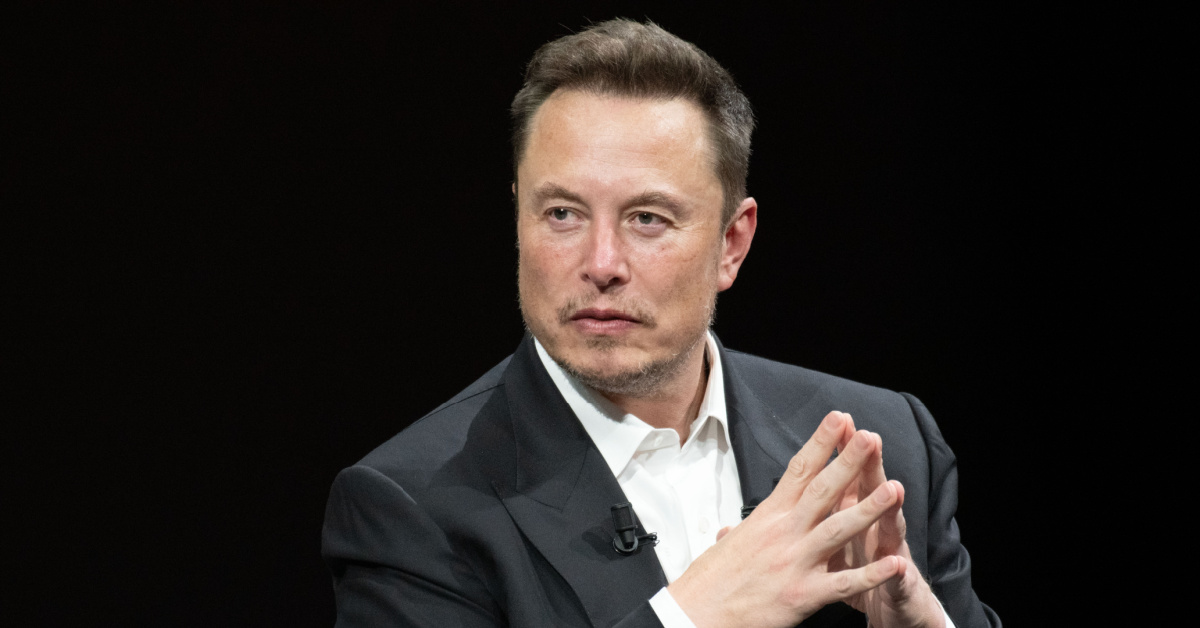SUMMARY
Tesla team is expected to visit India later this month to scout a location for its potential $2 Bn manufacturing unit in India which is likely to come up in two years.
The electric vehicle manufacturer is also slated to begin production of right-hand drive cars at its plant in Germany for export to India later this year
Tesla’s push into India comes at a time when slowing EV demand in the US and China, its two largest markets
Tesla’s chief executive officer Elon Musk has said that India, like every other country, should have electric car and it will be a “natural progression” for his company to foray into India’s electric vehicle market.
“India is now the most populous country in the world, based on population. India should have electric cars just like every other country has electric cars. It’s a natural progression to provide Tesla electric vehicles in India,” said Musk in an X Spaces session with Nicolai Tange, the chief executive officer at Norges Bank Investment Management.
Tesla has ramped up its efforts to consolidate its EV presence in the Indian market. Tesla team is expected to visit India later this month to scout a location for its potential $2 Bn manufacturing unit in India which is likely to come up in two years.
As part of this search, Tesla’s team will likely visit Tamil Nadu, Maharashtra and Gujarat. This Indian manufacturing unit will cater to both domestic and international markets for Tesla’s electric vehicles.
The electric vehicle manufacturer is also slated to begin production of right-hand drive cars at its plant in Germany for export to India later this year.
It is pertinent to note that last month the Centre approved a new policy around companies allowing them lower duty on imports of EVs if they agree to set up manufacturing facilities in the country.
While the policy is expected to promote EV manufacturing in India, it also addresses a long-standing demand for Tesla.
Under the scheme, import duty on vehicles with cost, insurance and freight (CIF) value of $35,000 or above will be reduced to 15% for five years for companies which agree to invest at least INR 4,150 Cr (about $500 Mn) in India to set up manufacturing facilities.
Currently, cars with a CIF value of over $40,000 are charged a 100% customs duty, while those under $40,000 are charged a 60% import duty.
Apart from this, these companies with manufacturing plants in India will be mandated to start commercial production of EVs within three years and reach 50% domestic value addition within five years.
Tesla’s is entering the Indian EV market at a time when it is facing slowing EV demand from its two largest markets, the US and China. The company is facing intense competition from Chinese OEMs in China, while some quality and manufacturing issues have damaged its reputation and market share in the US.
Even though India is a two-wheeler and three-wheeler country when it comes to EVs, by 2030, the country is expected to have significantly more electric cars on the road, especially as most manufacturers look to compete on pricing.
While the current EV four-wheeler or car market in India is small, the overall momentum is with EVs. As per Inc42’s report, Sales of electric vehicles crossed 1.5 Mn in 2023, dominated by two-wheelers and three-wheelers.
Disclaimer
We strive to uphold the highest ethical standards in all of our reporting and coverage. We StartupNews.fyi want to be transparent with our readers about any potential conflicts of interest that may arise in our work. It’s possible that some of the investors we feature may have connections to other businesses, including competitors or companies we write about. However, we want to assure our readers that this will not have any impact on the integrity or impartiality of our reporting. We are committed to delivering accurate, unbiased news and information to our audience, and we will continue to uphold our ethics and principles in all of our work. Thank you for your trust and support.



![[CITYPNG.COM]White Google Play PlayStore Logo – 1500×1500](https://startupnews.fyi/wp-content/uploads/2025/08/CITYPNG.COMWhite-Google-Play-PlayStore-Logo-1500x1500-1-630x630.png)